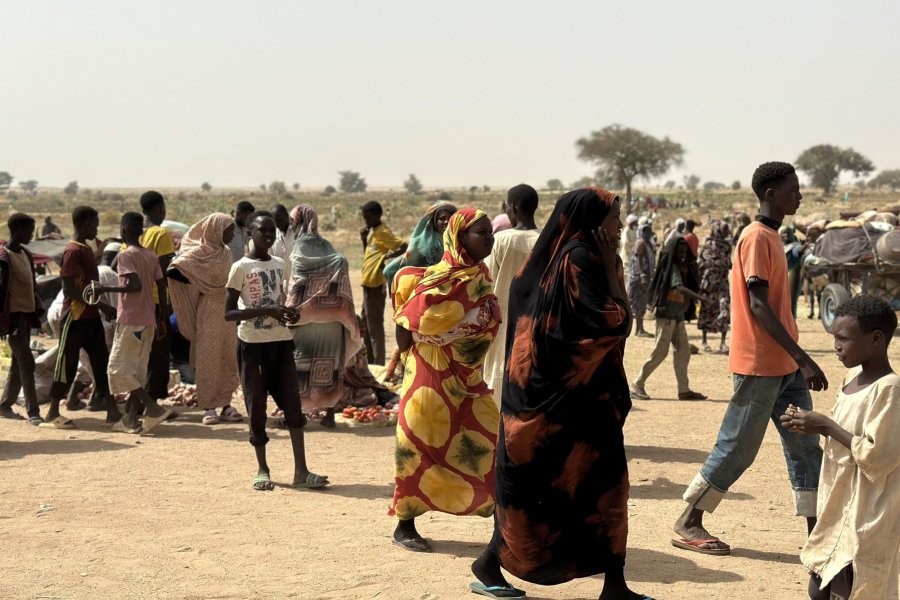Oct. 28 (UPI) — More than two years after the start of Sudan’s civil war, the nation’s military has ceded nearly all of Darfur to a paramilitary group in an effort to prevent more death and destruction there.
Rapid Support Forces on Tuesday took control of El Fasher, a city in Sudan’s Darfur region and its army’s headquarters, more than a year and a half after it started launching drone and artillery strikes on hospitals and homes, The New York Times reported.
“The leadership there, including security, made assessments that they have to leave the city due to the systematic destruction and killing of civilians,” Gen. Abdel Fattah al-Burhan, chief of Sudan’s military, said in a televised statement to the country.
Reports of mass graves, random killings and the targeting of civilian infrastructure have spread after an information blackout from the city, the BBC reported, and some have been confirmed.
The United Nations’ top aid coordinator, Tom Fletcher, on Monday had called for an immediate cease-fire in the Darfur region because of “alarming” reports suggesting that both civilians and aid workers could be in danger.
According to Fletcher, RSF has specifically targeted civilians and struck targets that include health infrastructure and houses of worship, noting that “hundreds of thousands of civilians are trapped and terrified — shelled, starving and without access to food, health care or safety.”
The U.N. Security Council in June 2024 unanimously adopted a resolution calling on RSF to end its offensive in El Fasher, although it had been ignored until Sunday when calls for a cease-fire spread after word spread that Sudan’s army had lost control of the last city the Sudanese government had still controlled in western Darfur region.
Videos distributed by RSF on Sunday that appeared to show its fighters celebrating capture of the army headquarters were confirmed as real by the BBC ahead of the army confirming it had pulled out of the city.
While RSF has denied that it has harmed civilians, analyses of images from El Fasher show “piles of bodies executed en masse” along the city’s perimeter and “evidence of house-to-house clearance operations,” according to Nathaniel Raymond, a U.S.-based researcher.
“In at least four cases, we see discoloration of the ground … and the color of the discoloration is red — we believe that is consistent with individuals who have bled out onto the ground,” said Raymond, who is executive director of the Humanitarian Research Lab at Yale.
El Fasher, an important commercial hub and main entry point for aid convoys from Port Sudan, is the capital of northern Darfur and is about 500 miles west of Khartoum and about 121 miles from Nyala, the capital of South Darfur State.
With the victory in El Fasher, RSF now controls all five state capitals in Darfur and could mark a turning point in the civil war, which has killed more than 150,000 people and driven 14 million people from their homes.

